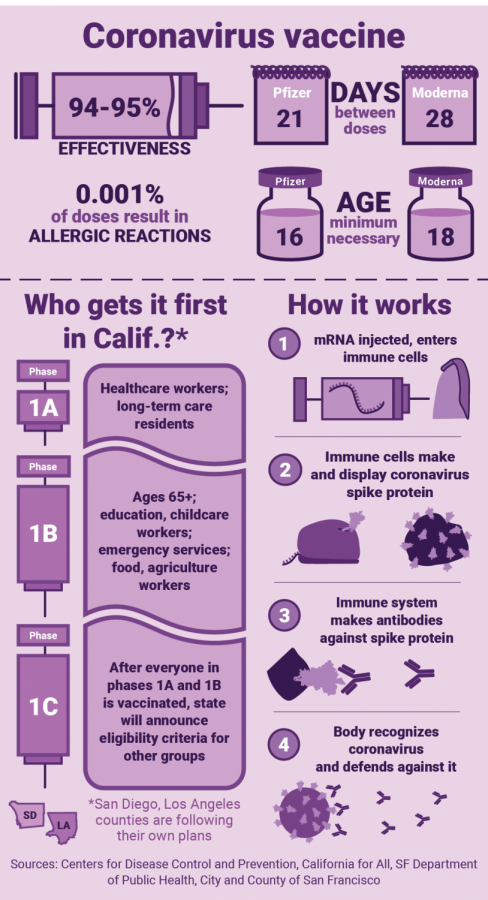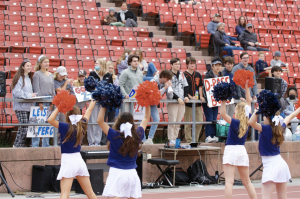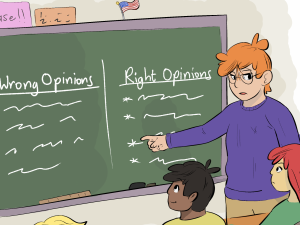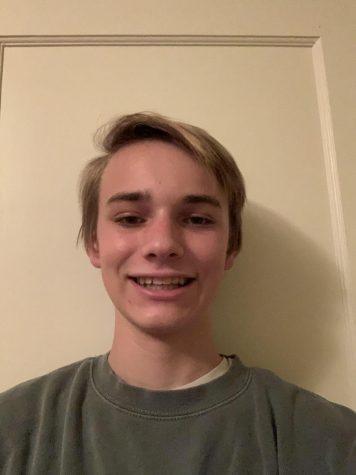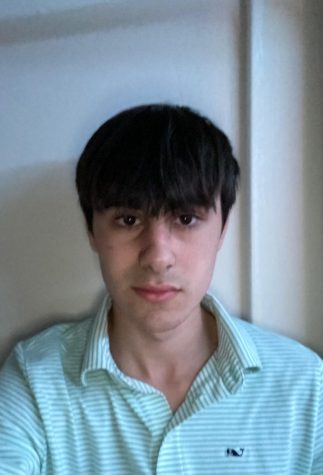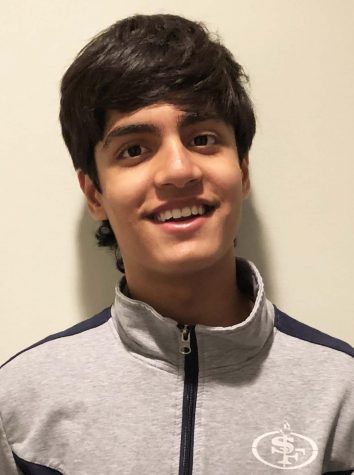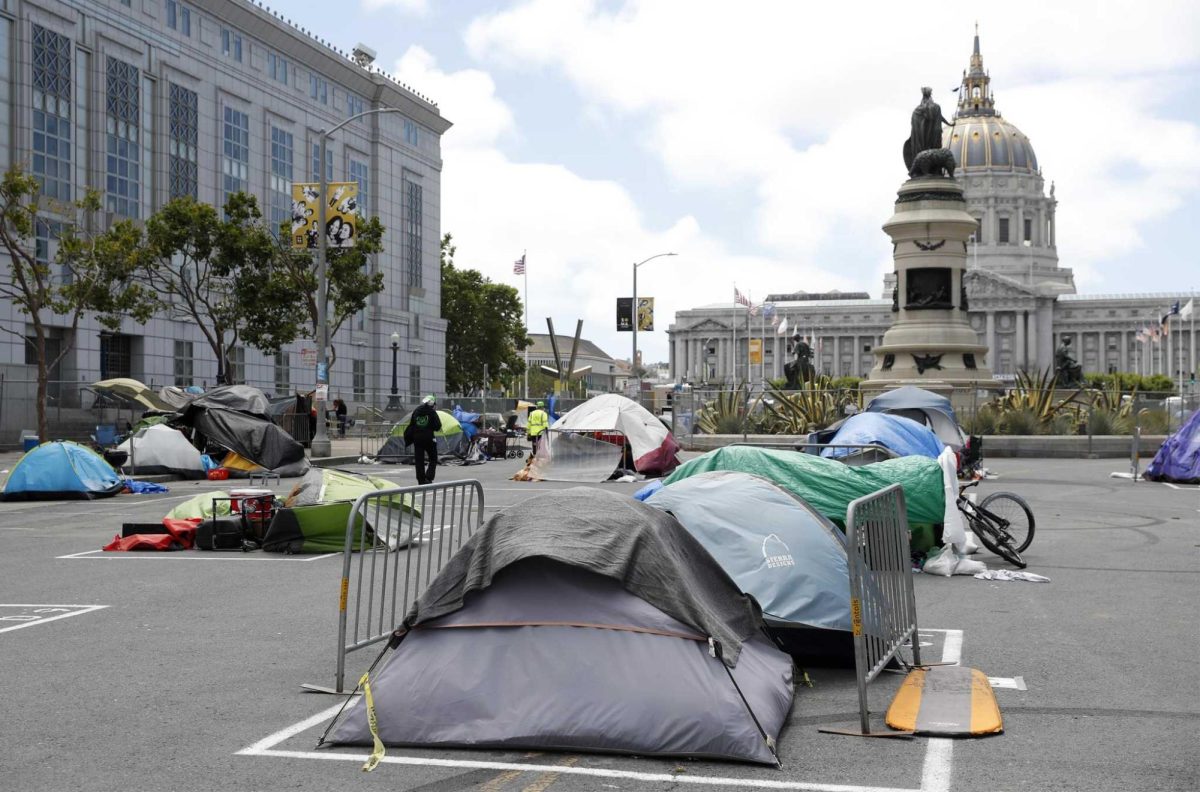State vaccinates essential workers, elderly
New strains could reduce vaccine effectiveness
February 22, 2021
Healthcare facilities are inoculating essential workers, the elderly and at-risk citizens as a part of Phase 1 of California’s COVID-19 vaccination plan, but the emergence of new COVID-19 strains may diminish vaccine efficacy.
“I’m working as a COVID-19 vaccine nurse, and we have a clinic that opened up to give it to hospital staff,” Vivien Lee, who is a registered nurse at California Pacific Medical Center, said. “We’ve been giving out the Pfizer vaccine, and we are usually giving about 500 to 600 vaccines a day.”
Moderna and Pfizer-BioNTech, the biotechnology companies that independently developed the vaccine, recommend two doses for maximum effectiveness in preventing against COVID-19.
“If you take the Pfizer vaccine, then you will have to wait three weeks in between the two shots,” Jeannette Blanks, who is a registered nurse at Pacific Heights Medical Group, said. “For the Moderna vaccine, the time in between doses is going to be four weeks.”
Both companies created their respective vaccines using mRNA vaccine technology, which deviates from the older vaccine technology practice of weakening virus particles and injecting them into the body.
“Traditionally, a vaccine shows your immune system what a pathogen looks like by exposing you to a small piece of it that gives your body the ability to develop a tool to fight that specific pathogen,” Alex Broussard, IB Biology HL teacher, said. “An mRNA vaccine is different. It uses your body’s ability to interpret a piece of genetic information to make your living cells make pieces of the virus.”
The mRNA vaccines do not alter DNA, nor do they infect people with COVID-19. Although they may cause mild fatigue, headache and muscle pain, severe side-effects are few and far between.
Concerns regarding the efficacy of COVID-19 vaccines on COVID-19 variants have been addressed in studies. The most prominent variants independently appeared in the United Kingdom and South Africa.
The Moderna vaccine experienced lessened but still significant and effective neutralization against the South African strain, according to a study conducted by Moderna.
As viruses spread, they gradually mutate, leading to changes in their genetic makeup. These changes can alter the way the viruses bind to both human cells and antibodies.
Despite the emergence of COVID-19 variants, vaccines are still crucial to curbing the spread of COVID-19 because they help establish herd immunity, according to the CDC.
“If the virus is introduced into a crowd of people and the majority of the crowd has been vaccinated, then the virus can’t find a new host to infect,” Blanks said. “At this point it’s somewhere around 75% of the population that has to be vaccinated immune in order for us to reach herd immunity.”
Because misinformation surrounding the vaccine can cause uncertainty, independent research can help people decide if they want to take the vaccine.
“Everybody has a responsibility to do their own research,” Lee said. “Read articles, and don’t just listen to YouTube or your friends. Educate yourself on how the vaccine will affect you.”
Although students may have to wait until summer to receive the vaccine, the government plans on inoculating teachers in the next part of Phase 1 of California’s vaccination plan.
“Vaccinate the most vulnerable people in the community first, so elderly, and then those who are in contact with people who are sick like healthcare workers, and then you get to your teachers,” Blanks said.
Teachers say they will get the vaccine the moment it is available to them.
“I will get the vaccine the day that they tell me I’m allowed to get it, because I want to do my part in getting us closer to herd immunity,” Broussard said.


